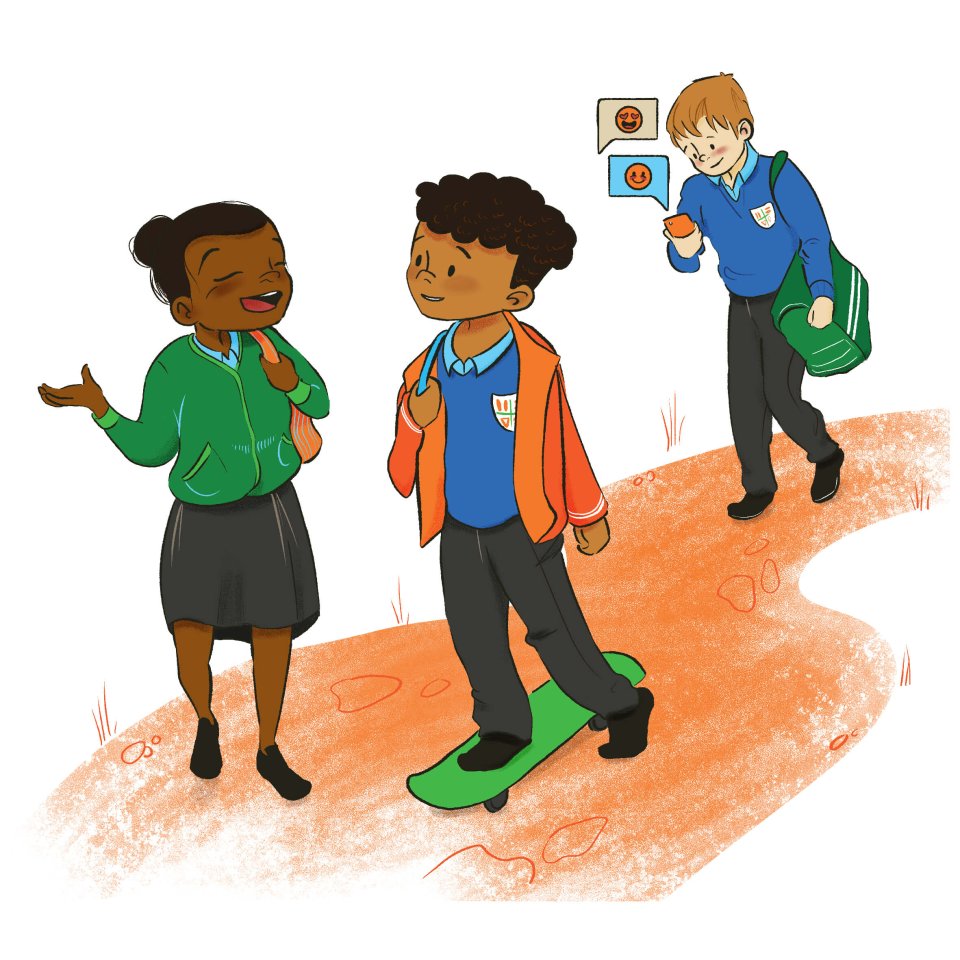Developing critical thinking skills is crucial for digital literacy and navigating the internet ![]() safely. As schools and colleges open up for the year ahead, teachers and education professionals will be planning lessons, which can incorporate critical thinking skills, giving children and young people the ability to analyse, question, compare and contrast.
safely. As schools and colleges open up for the year ahead, teachers and education professionals will be planning lessons, which can incorporate critical thinking skills, giving children and young people the ability to analyse, question, compare and contrast.
These skills, which can be developed from an early age, are not only applicable in the real world but are key towards keeping young people safe online.
The Need to Develop Critical Thinking Skills
Online activity has many positive benefits such as opening up communication, sharing information and learning about the world with far greater scope than previous generations.
But, it can also be a place for harmful and distressing content that children and young people need to be guided on in dealing with any online challenges they face.
According to the 2022 Online Nation report from Ofcom, it was found that 40% of adults do not have the skills to critically assess online content. This underlines the need for teachers and professionals to help children and young people to develop these skills themselves.
Highlighting the need to develop critical thinking skills in schools and colleges, SWGfL’s Online Safety Director and ProjectEVOLVE lead, Ken Corish said
Criticality is a key component of digital competency and it has never been more important considering the current environment we are in. For young people to sift through the wealth of information at their disposal, extract the truth and the facts they need, is not something that happens by chance. It needs to be taught in a way that is effective and relevant. That’s a huge challenge and one that Project Evolve seeks to resolve
How Can ProjectEVOLVE Help With Critical Thinking?
ProjectEVOLVE is an award-winning digital literacy toolkit that provides a large variety of free teaching and learning resources. It was developed as a proactive approach to online safety and was built as a progressive system, which is age appropriate; having eight different strands relating to online safety and digital literacy. These strands include topics such as Self Image and Identity, Online Relationships and Privacy and Security, among others.
Ken Corish added that to understand the impact of the toolkit, the Knowledge Map feature was developed to allow educational professionals to navigate to the correct resource in the toolkit for each subject and class age.
The ProjectEVOLVE toolkit covers over 600 separate resources that explore various topics and age ranges from very young children, right up to 18. It establishes some of the fundamental building blocks around the right sort of education needed for their online development and wellbeing.

Covers over 600 separate resources

Explore various topics and age ranges

Establishes fundamental blocks towards online development
As children develop critical thinking skills, they learn to  assess when an unfamiliar friend request needs to be ignored, when someone is being inappropriate, when an account needs to be blocked or when they need to leave an online chat. They also learn to question misinformation and ‘fake news’ and to seek out reliable sources for information, recognise fake online identities and instances of when they are being bullied.
assess when an unfamiliar friend request needs to be ignored, when someone is being inappropriate, when an account needs to be blocked or when they need to leave an online chat. They also learn to question misinformation and ‘fake news’ and to seek out reliable sources for information, recognise fake online identities and instances of when they are being bullied.
Ken Corish highlighted that encouraging appropriate expression online was also important and young people should be taught that online expression should be constructive and useful. A good example of this can be seen within the gaming world where the most respected gamers are those who treat others with respect, are supportive, inclusive and who are willing to help new gamers while also effectively communicating with senior gamers.
For more on developing critical thinking skills for online safety visit ProjectEVOLVE. Visit our Back to School Hub to discover how else you can support and guide young people during this time.
